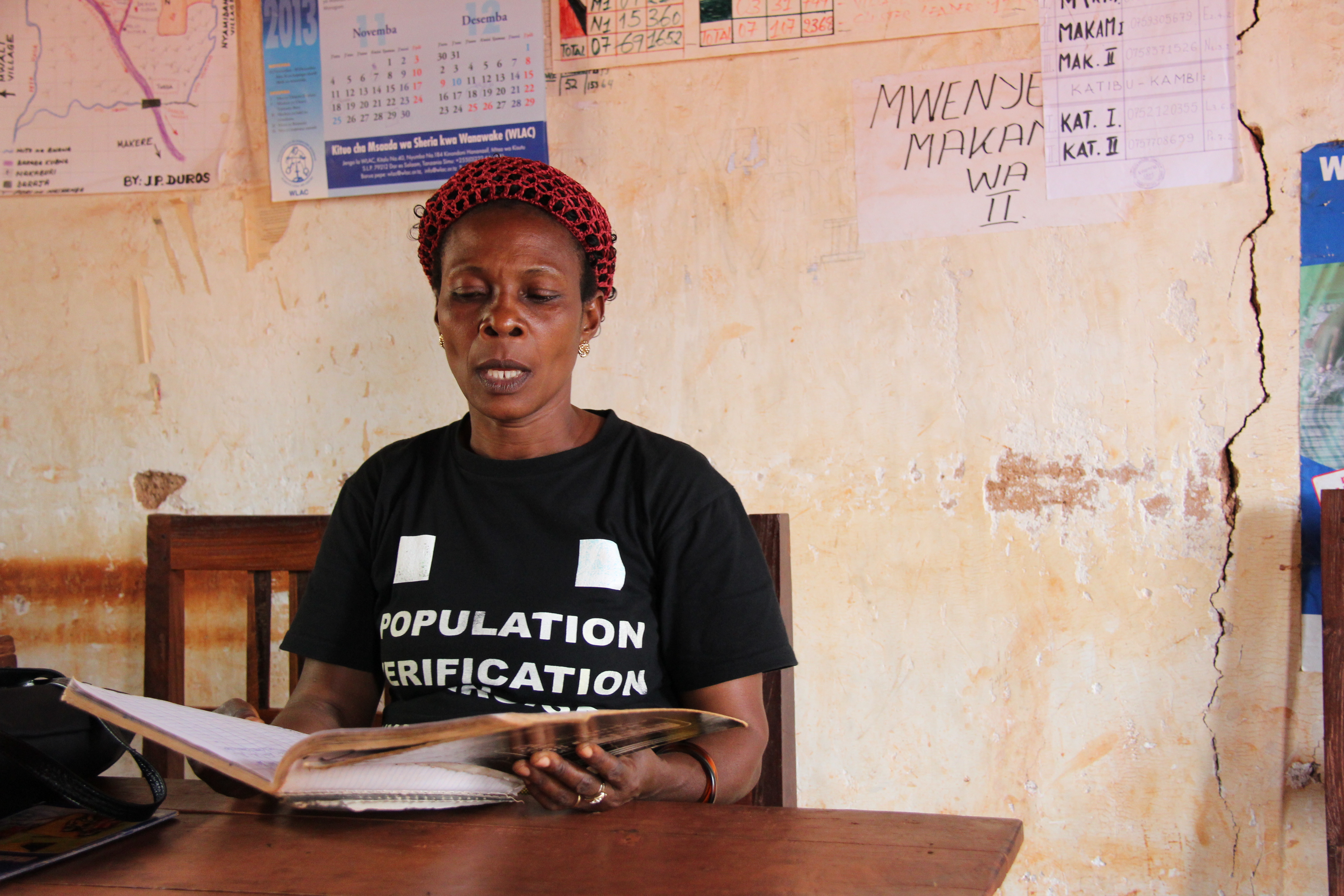14,000 Congolese refugees move to Ugandan transit centre as tensions rise with locals
14,000 Congolese refugees move to Ugandan transit centre as tensions rise with locals

BUNDIBUGYO, Uganda, July 18 (UNHCR) - More than 14,000 Congolese refugees have moved voluntarily to a transit centre in western Uganda's Bundibugyo district but tension is rising between locals and thousands of people still camped in a school closer to the border with Democratic Republic of the Congo (DRC).
The transit centre was opened last Sunday by the government and its partners, including UNHCR, to help cope with an influx last week of almost 70,000 Congolese refugees fleeing fighting across the border in North Kivu province between the Allied Democratic Forces, a Ugandan rebel group, and the DRC armed forces. The centre is 30 kms from the border.
UNHCR staff in Bundibugyo said that 14,372 people had registered at the centre by early Thursday afternoon. They included at least 60 unaccompanied minors, mostly male, and all those at the centre moved there voluntarily.
The UN refugee agency's key local partner, the Uganda Red Cross Society, is in charge of managing the centre, which has a capacity for 20,000 people. The new arrivals are being placed in big communal shelters rather than family tents allocated to the earlier arrivals. There are sufficient food supplies for several weeks. The UN Children's Fund has approved a gravity flow system to replace the trucking in of water as demand is growing.
A bigger group of 20,000 to 30,000 people remain camped in and around Butogo Primary School located near the border. Many of these people wish to remain close to the border so that it will be easy to check on their homes and crops during daylight hours, but their presence has started causing tensions with the local community. Thousands more are believed to be staying with host families or sleeping rough or in makeshift shelters. Some are on open land along the border.
UNHCR has been visiting the primary school at Butogo on a daily basis to assess needs, help arrange the transport for those wishing to go to Bundibugyo, and to try and ease the tension.
The government, UNHCR and others have encouraged the refugees to move from the border to Bundibugyo, where they can be registered in more detail and receive proper care. The most vulnerable can be identified at this stage and the relevant protection and assistance given.
In the hills, they lack access to potable water, proper shelter, security and sufficient food and it is also difficult to access them. Moreover, the nights are cold in the hills.
Meanwhile, across the border in North Kivu province, the ADF continue to cause problems in the area around the town of Kamango, which the rebels briefly held last week, and the situation remains unstable.








